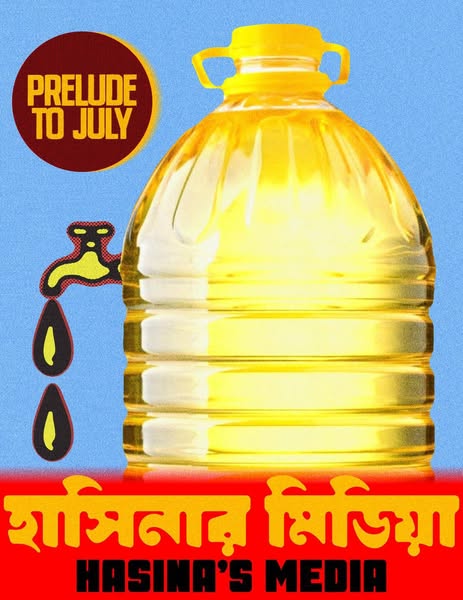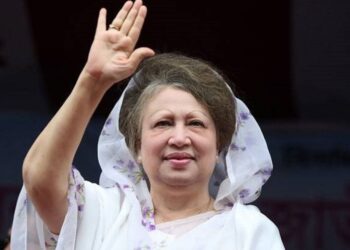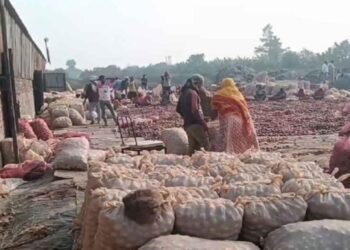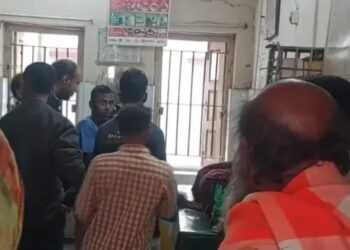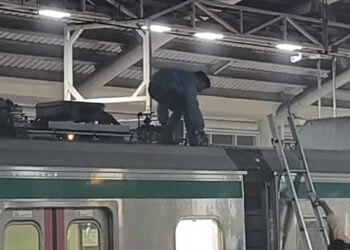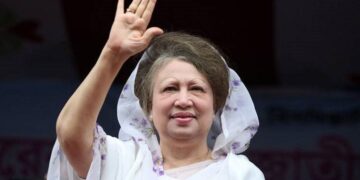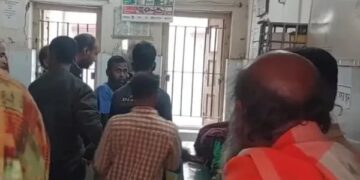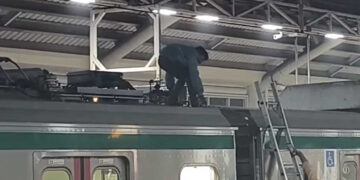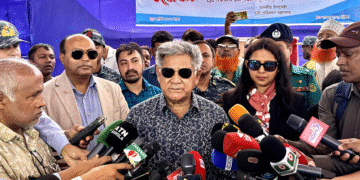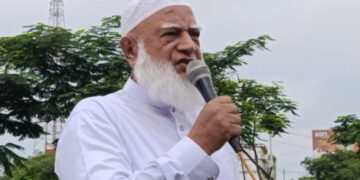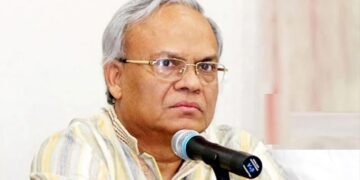“I didn’t come to ask questions, I came to offer praise.” This chilling remark, delivered during Prime Minister Sheikh Hasina’s press conference, was later referenced by the Chief Adviser as a glaring example of the growing intolerance toward press freedom. The Adviser noted that such statements symbolized a broader strategy to silence dissent and manipulate public perception.
In his statement, the Chief Adviser warned:
“When journalism becomes a performance of praise, the public loses its right to know. What we witnessed in July was not just political unrest, but a systematic attack on free expression.”
Red More:
During that time, any attempt to practice even basic journalism resulted in punishment. Journalists who dared to ask difficult questions were met with surveillance, threats, and sometimes even arrest. According to the Chief Adviser, this erosion of media freedom was one of the key reasons why the July uprising became inevitable.
Responding to this oppressive environment, renowned artist Debashish Chakraborty created posters 9 and 10 of the ‘July Prelude Series’, using themes of media repression and sycophancy. Commissioned as part of the Ministry of Cultural Affairs’ ‘July Reawakening’ initiative, these artworks reflect how July 2024 became a flashpoint of resistance.
The Chief Adviser praised Debashish’s work, stating:
“These posters are not just art they are warnings. They remind us of what happens when a nation demands applause instead of accountability.”
The images depict muzzled journalists, cameras turned inward, and applause echoing in empty halls a powerful commentary on a time when truth was inconvenient and silence was rewarded.
Ultimately, the Chief Adviser concluded that July 2024 was not a spontaneous moment, but the result of months if not years of suppression, manipulation, and fear. Through the bravery of artists, journalists, and ordinary citizens, the call for justice found its voice.
Source: Chief Adviser GOB

